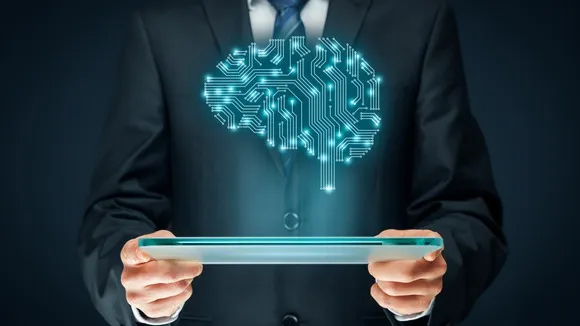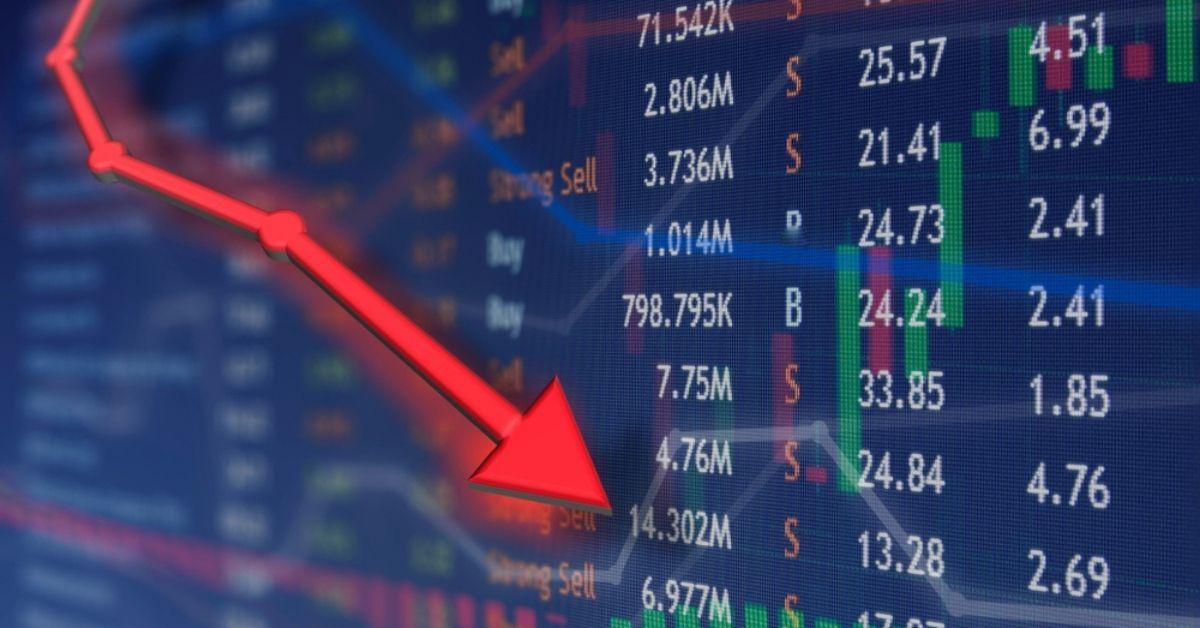
As artificial intelligence (AI) continues to grow, many people are worried that it might take over jobs—especially entry-level or beginner jobs. This has led to a big discussion about the future of work, especially for young people starting their careers.
What Nvidia CEO Jensen Huang Says
Jensen Huang, CEO of Nvidia (now the most valuable tech company), thinks AI won’t destroy all beginner jobs. While he agrees that some jobs may disappear, he believes AI will also create many new jobs. According to him, when companies become more productive with AI, they often hire more people.

He was responding to a recent warning from Anthropic CEO Dario Amodei, who said AI could wipe out up to 50% of beginner white-collar jobs and push unemployment up to 20% in the next five years.
Huang disagrees with this gloomy view. He also criticized Amodei’s belief that only a few companies should be allowed to build AI. Huang believes AI should be developed openly and responsibly—not behind closed doors.
Read more: After 8 Years, Jeff Bezos Knocked Down from 2nd Richest Spot — Guess Who Took Over!
What OpenAI CEO Sam Altman Thinks
Sam Altman, CEO of OpenAI (the company behind ChatGPT), has a more cautious view. He believes some entire job categories might disappear because of AI. However, he says that as technology grows quickly, people will adapt, and society will get richer, opening the door to new ideas like better policies and systems.
Altman also imagines a future where AI could help humanity achieve big things—like breakthroughs in science or space travel.
What Zoho Founder Sridhar Vembu Believes
Sridhar Vembu, founder of Zoho, says we shouldn’t panic even if AI changes many jobs. For example, if software development becomes fully automated and software engineers lose jobs, it doesn’t mean humans won’t have anything to do.
He also raised an important question: If machines produce everything, but people don’t have jobs, how will they afford to buy those products?
What LinkedIn Co-founder Reid Hoffman Advises
Reid Hoffman says that when it comes to finding jobs in the future, your college degree won’t matter as much as your ability to learn and use new tools like AI. He believes the most important skill is being able to learn and adapt constantly.
He also says building strong relationships is key. “Life is a team sport,” he adds, meaning it’s important to help and support each other.
Also See: AI Shatters Myths! Machine “Maps” Mirror Human Brain- The Future Is Here!
Other CEOs on AI and Jobs
- Eric Schmidt (former Google CEO) says everyone—from teachers to doctors—must learn to use AI. Otherwise, they’ll fall behind. His advice: “Adopt it, and adopt it fast.”
- Sundar Pichai (Google CEO) thinks AI will boost productivity and create new jobs but agrees it’s important to have open discussions about its impact.
- Demis Hassabis (Google DeepMind CEO) is more concerned about long-term risks of AI rather than job losses.
- Bill Gates believes AI will spread valuable knowledge and skills across industries.
While some leaders believe AI could remove many jobs, others are more hopeful, saying it will also create new opportunities. Most agree on one thing: the future will require people to keep learning and adapting to stay ahead.












